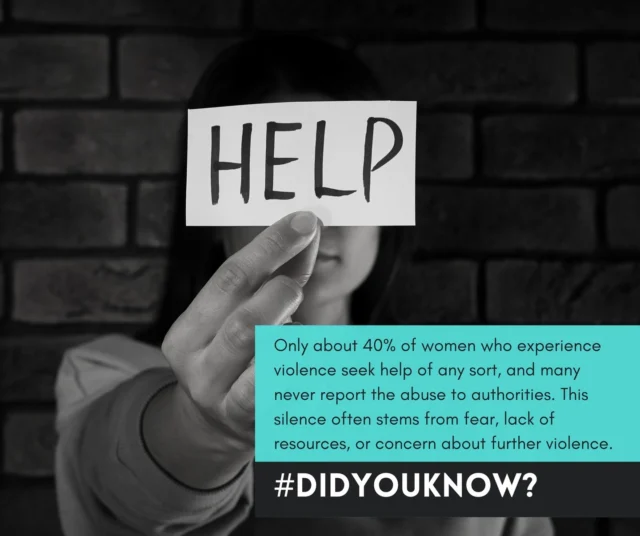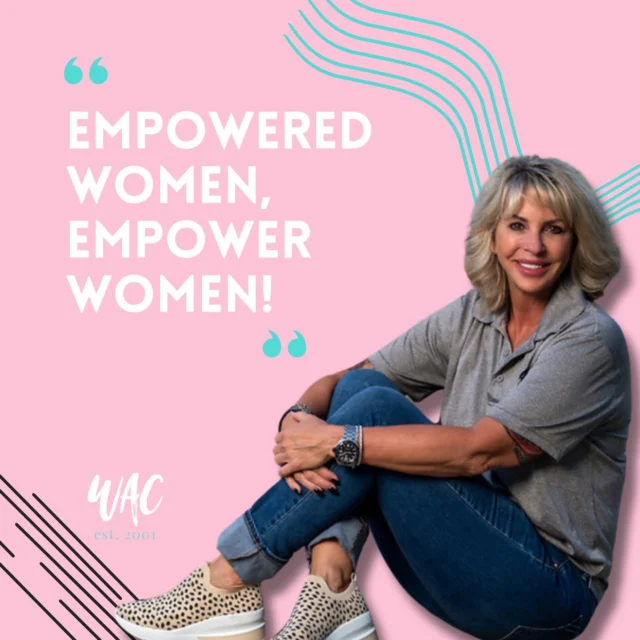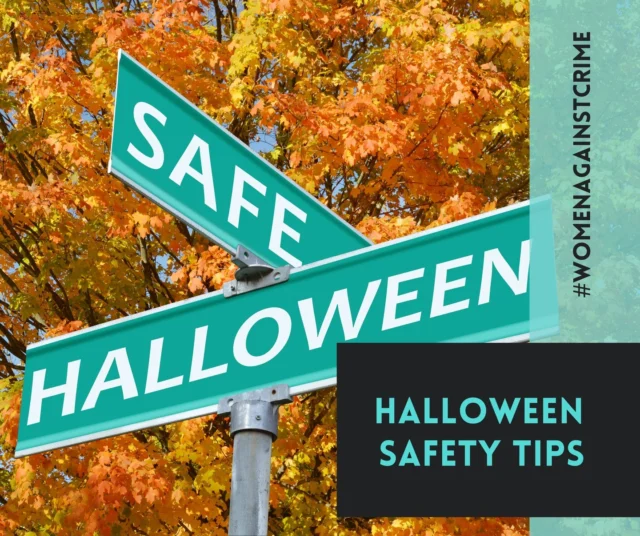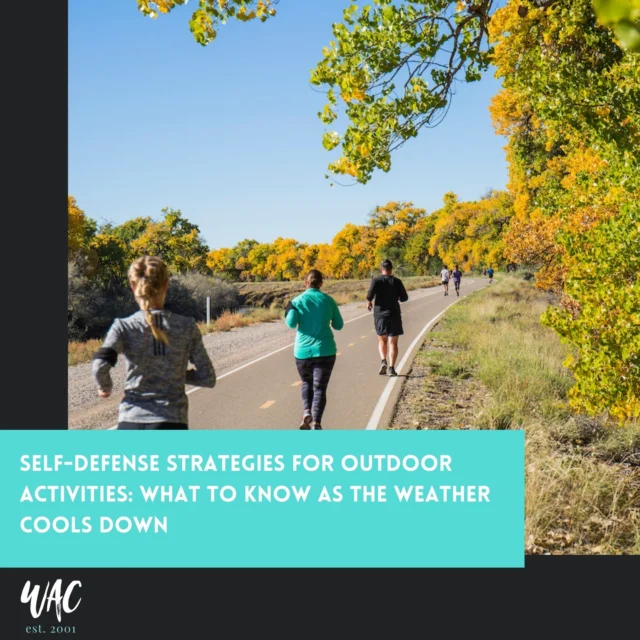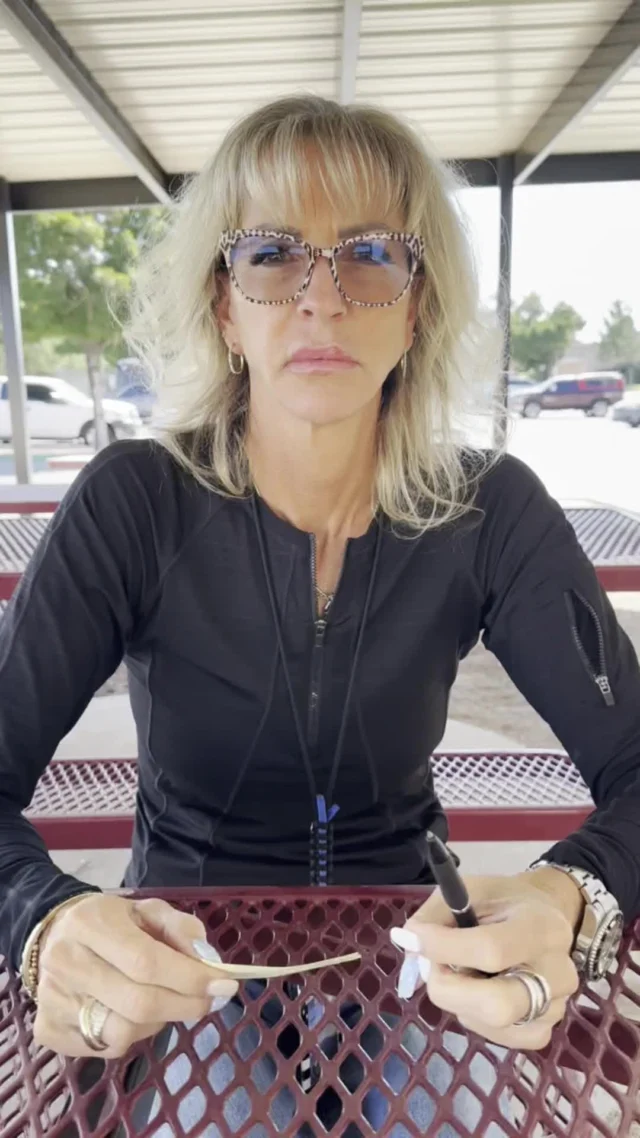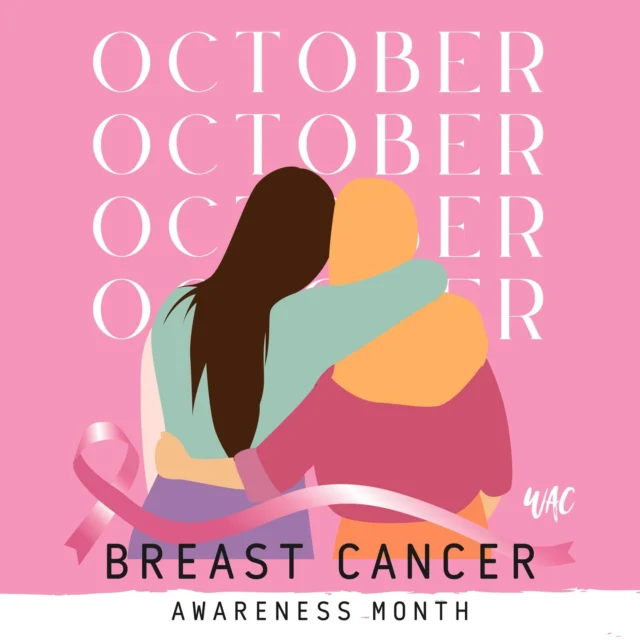If you’re in an abusive relationship, you’re not alone. Sexual or physical violence or stalking by an intimate partner happens to close to 1 in 4 women and 1 in 10 men. And that doesn’t include emotional abuse, which can be extremely damaging on its own.
It can be very hard to leave a relationship like this. In some cases, you may not realize you’re being abused. Or, if you do, you may not believe that you deserve better. But no matter what your flaws are, no one has the right to belittle, shame, or physically hurt you.
In every relationship, there will be times when partners say or do things that hurt each other. But in an abusive relationship, the abusive partner continues the behavior, even if he promises to change. If you’re in this situation, it may be difficult to tell whether you should give him another chance.
Signs of an Abusive Relationship
Some abuse is subtle, so be aware of signs that your partner is not actually changing:
- Downplays the abuse or denies that it was very serious.
- Keeps blaming other people and situations for their behavior.
- Says that you’re the abusive one.
- Insists that you owe them another chance.
- Doesn’t stick with treatment.
- Claims that they can’t change unless you’re with them and supporting them.
- Thinks getting help entitles them to something from you in exchange.
If these describe your situation, and you feel lost or overwhelmed about what to do, keep in mind that:
- Physical violence often starts as emotional abuse.
- Your partner may insist that the violence is your fault (it’s not).
- Abuse is not okay or normal under any circumstances, no matter what you have done.
- There may be times when your partner is very good to you.
- You can’t fix or help your partner. They have to change themselves.
- Domestic violence can have long-term effects on your physical and emotional health.
When You Need to Leave an Abusive Relationship
It may be very difficult to decide if and when to leave the relationship. But if any of the following things are happening, you need to leave as soon as possible:
- Your partner is emotionally, physically, or sexually abusing your children. If this is happening, you need to get the children away immediately, even if they stay with friends or family.
- Your children are exhibiting bullying or victim-like behavior. This is a sign that witnessing abusive behavior is causing them emotional damage.
- You have started to emotionally, physically, or sexually abuse your children. In this case, it’s imperative that you separate yourself from them if you can’t leave your partner yet.
- Your partner physically abuses you or threatens to. Even pushing, shoving, or holding you against your will are signs that your partner has lost control of himself. Abuse often escalates, and you are in danger.
- You have started to be physically abusive. You could seriously hurt your partner or provoke him to hurt you.
- You have started fantasizing about harming your partner or taking his life.
- You are starting to seriously question your sanity.
Complicating Factors in Abusive Relationships
Even if you want to end the relationship and you know it’s time, other circumstances can complicate the decision. You might feel trapped if you don’t know of a way to get around these problems:
- Your partner is a co-parent to your children.
- You’ve become isolated from friends and family, so you don’t think you have any place to go.
- Your partner controls the money, or you don’t have enough of your own money. So you don’t have the resources you need to leave.
- Your partner has threatened you or your children.
- You’re afraid the disruption will negatively affect your children.
- You have an elderly relative or disabled child who needs care.
- You’re in poor health.
- You still have feelings for your partner, or you’re afraid of being alone.
- You’re an immigrant and are afraid you’ll be deported if you seek help. Or language barriers and limited social support might make it harder for you to find resources.
- You’re an older woman and you’ve been with your partner a long time. Or your partner has health problems and needs care.
- You’re in a same-sex relationship and don’t want to disclose your sexual orientation. Or if you were assaulted by another woman, you’re afraid people won’t believe you.
These are legitimate concerns worth thinking about, but there are many resources available to support you. National domestic violence hotlines are free, and they protect your privacy. They can talk through your difficulties with you and provide access to resources to help you. U.S. law guarantees your protection from domestic abuse, and that’s regardless of immigration status as well. Some legal protections allow immigrants who are victims of domestic violence to remain in the U.S. There are many free or low-cost resources available, such as attorneys, shelter, and medical care for you and your children.
Who Can Help
You may not feel safe or have the resources on your own to leave your partner. But there are a lot of people you can reach out to for help:
- Your physician or a nurse
- One of your children’s teachers, counselors, or principals
- The human resources department where you work
- Your friends or family members
- A domestic abuse hotline
- 911 (if you are experiencing an emergency, always call for immediate help)
Along with these resources, Women Against Crime can help you get the resources you need to create a safety plan to stay safe while you leave and afterward. This is important, since your partner may be unpredictable and be provoked by your exit. Once you do leave the relationship, know that it will take time to heal emotionally and physically. Complicated emotions may come up. Be patient with yourself, reach out for support, and know that a better life is possible for you.












